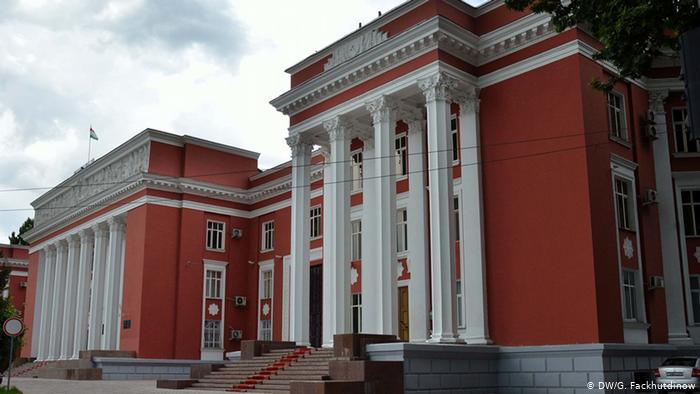Members of Tajikistan’s lower chamber (Majlisi Namoyandagon) of parliament (Majlisi Oli) have endorsed a bill on equality and elimination of all forms of discrimination.
Sadoi Mardum, a mouthpiece of Tajik parliament, notes that while presenting the bill to lawmakers, Tajik Minister of Justice Muzaffar Ashouriyon said the government guarantees protection against suppressing rights and implements programs aimed at eliminating all forms of discrimination.
According to him, the law was developed in the frameworks of the National Plan of Actions on implementing recommendations of member nations of the UN Human Rights Council according to the procedure of Universal Periodic Review (Second Period) for 2017-2020.
The bill, for the first time, introduces new terms such as: discrimination — Article 1; direct and indirect discrimination — Article 5; sexual harassments — Article 6); segregation (the separation or isolation of a race, class, or ethnic group by enforced or voluntary residence in a restricted area, by barriers to social intercourse, by separate educational facilities, or by other discriminatory means) – Article 8; protection against victimization (the process of being victimized, either from a physical or a psychological or a moral or a sexual point of view) – Article 10; and others.
Commissioner for Human Rights (Ombudsman), who conducts antidiscrimination examination of bills, is appointed as an authorized government body to ensure equality and prevention of all forms of discrimination – Article 13.
To eliminate all forms of discrimination, cooperation is established between government bodies, local authorities, and public associations (Articles 16-18), which will carry out large awareness-raising activities on eliminating discrimination.




